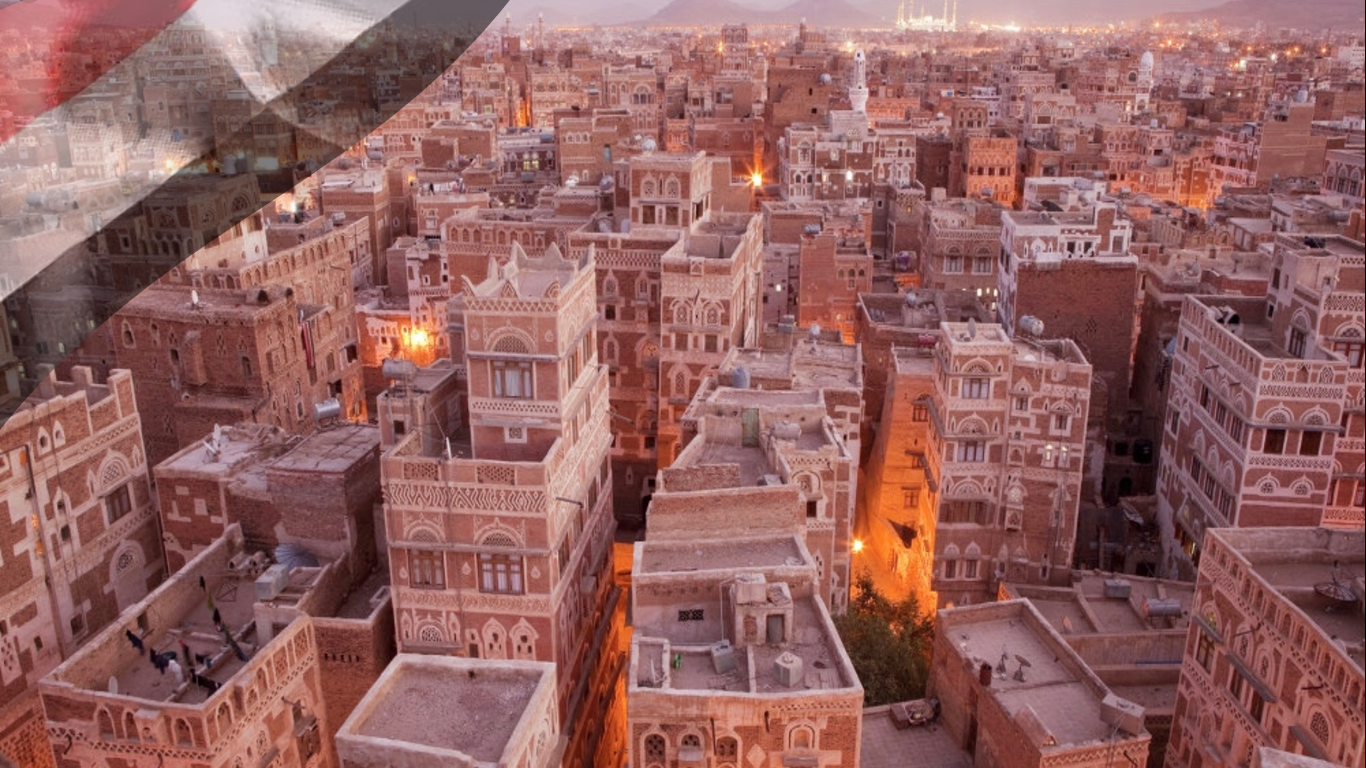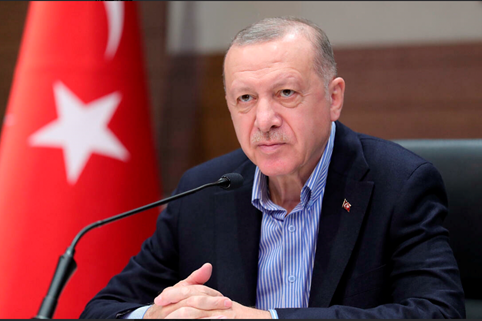Source: Agencies 06 December 17:43
Turkish President Recep Tayyip Erdoğan visits Qatar to sign a number of agreements and states the intention of his country to revive the Turkish-Gulf relations.
Turkish President Recep Tayyip Erdoğan announced his intention to improve the relations of Ankara with the Gulf states “without differentiation” before traveling to Qatar in a visit planned to last two days.
During a press conference in Istanbul before his travel he confirmed that he will continue to developing the relations with the Gulf without any differentiation in the framework on the common interests of his country and the mutual respect, adding: “We welcome the reopening of the dialogue and the diplomatic efforts to put aside the misunderstandings in the Gulf region”.
In his speech he also pointed out that the blockade and sanctions imposed on Qatar were lifted in the beginning of this year and presently the solidarity returns between the Gulf states. He also said that he will visit Abū Zabī in February.
Turkish Foreign Minister Mevlüt Çavušoğlu met with his Qatari counterpart on Monday, shortly before the journey of Erdoğan to Doha. At that time Qatari Foreign Minister Muḥammad ibn ‘Abd ar-Raḥmān Āl Tānī explained in a joint press conference that Qatar is looking forward for the possibilities to reveal the economic challenges Turkey is facing, thus pointing that it is scheduled that Qatar shall sign tens of agreements with Turkey and that it will invest heavily there.
On his own behalf Çavušoğlu pointed out that Ankara is not about to ask for financial help from Qatar saying: “we did not come to Qatar to ask them to send any money, we are here only to improve our relations”.
On the other hand it is scheduled that Saudi Crown Prince Muḥammad ibn Salmān will arrive to Doha on Wednesday and Qatar commented on this that the two visit coinciding is simply a coincidence with information existing about the possibility of having a meeting between Ibn Salmān and Erdoğan.
It should be mentioned that this meeting will be the first direct one between the two after the murder of the Saudi journalist Ğamāl Hāšuqğī in the Saudi consulate in Istanbul in 2018, and also that Saudi Arabia imposed an unofficial blockade on the Turkish exports as the trade between the two countries was affected by the political turmoils.
The last few weeks witnessed the arrival of Abū Zabī Crown Prince Muḥammad ibn Zāyid Āl Nayhān to Ankara in an official visit by the invitation of the Turkish President. The Emirates announced to set up a $10 billion fund to stimulate investments in Turkey, so to concentrate on strategic investments, including the energy and health sectors.
The turmoil between Turkey and the United Arab Emirates started years ago, after the failed coup attempt against Erdoğan in July 2016. The Turkish President at that time accused the Emirates with contributing to it and described Ibn Zāyid as “the biggest enemy of Turkey”.
It should also be mentioned that Turkey is facing growing inflation and a currency crisis following a series of decisions to decrease the consumer prices. Thus the Turkish lira fell back with some 50% since the beginning of this year and exchange rate of the Turkish currency since the beginning of 2021 against the dollar was at 7.4. Yet on 23 November the Turkish lira fell back with 16% signaling record high indebtedness.
Pic: Erdoğan desires to reopen the Turkish-Gulf relations.
إردوغان يكشف رغبة تركيا في عودة علاقاتها بدول الخليج “من دون تمييز
المصدر: وكالات 06 كانون الأول 17:43
الرئيس التركي رجب طيب إردوغان يزور قطر لتوقيع عدد من الاتفاقيات، ويصرح عن رغبة بلاده في إعادة إحياء العلاقات التركية الخليجية.
أعلن الرئيس التركي رجب طيب إردوغان الاثنين رغبته في تطوير علاقات أنقرة مع دول الخليج “من دون تمييز” قبل أن يسافر إلى قطر في زيارة تمتدّ على يومين.
وأكّد خلال مؤتمر صحافي في إسطنبول قبل سفره، أنه سيواصل تطوير العلاقات مع الخليج من دون أي تمييز، في إطار مصالح بلاده المشتركة والاحترام المتبادل، مضيفاً: “نرحّب بإعادة فتح الحوار والجهود الدبلوماسية لتجنّب سوء التفاهم في منطقة الخليج”.
كما أشار في حديثه إلى أن الحصار والعقوبات المفروضة على قطر رُفعت منذ مطلع العام، وفي الوقت الحالي، عاد التضامن بين دول الخليج، وقال إنه سيزور أبو ظبي في شباط/فبراير.
والتقى وزير الخارجية التركي مولود تشاووش أوغلو الاثنين نظيره القطري قبيل زيارة إردوغان للدوحة، حينها أوضح الوزير القطري محمد بن عبد الرحمن آل ثاني في مؤتمر صحافي مشترك أن قطر تتطلع لفرص تكشف عنها التحديات الاقتصادية التي تواجهها تركيا، مشيراً إلى أنه من المقرر أن توقع قطر عشرات الاتفاقات مع تركيا وأن تستثمر بكثافة فيها.
من جهته، لفت تشاووش أوغلو إلى أن أنقرة لا تعتزم طلب مساعدات مالية من قطر قائلاً: “لم نأت إلى قطر لنطلب منهم إرسال أي أموال بعينها، نحن هنا فقط لبحث تحسين علاقاتنا”.
من ناحية أخرى، من المقرر وصول ولي العهد السعودي محمد بن سلمان إلى الدوحة الأربعاء، وعلقت قطر أن توقيت الزيارتين مجرد مصادفة، مع توارد معلومات حول إمكانية عقد لقاء بين ابن سلمان وإردوغان.
يشار إلى أن هذا اللقاء سيكون أول اجتماع مباشر بين الاثنين بعد مقتل الصحافي السعودي جمال خاشقجي في القنصلية السعودية بإسطنبول في 2018، كما أن السعودية فرضت مقاطعة غير رسمية على الواردات التركية مع تأثر التجارة بين البلدين بالتوترات السياسية.
كما شهدت الأسابيع الماضية وصول ولي عهد أبو ظبي، محمد بن زايد آل نهيان، إلى أنقرة، في إطار زيارة رسمية بدعوة من الرئيس التركي، وأعلنت الإمارات تأسيس صندوق بقيمة 10 مليارات دولار لدعم الاستثمارات في تركيا، للتركيز على الاستثمارات الاستراتيجية ومنها في قطاعي الطاقة والصحة.
وبدأ التوتر بين تركيا والامارات العربية المتحدة منذ سنوات، بعد محاولة الانقلاب الفاشلة ضد إردوغان في تموز/يوليو 2016، واتهم الرئيس التركي آنذاك الإمارات بالمساهمة فيها، ووصف بن زايد بأنه “العدو الأكبر لتركيا”.
يذكر أن تركيا تواجه ارتفاع التضخم وأزمة عملة في أعقاب سلسلة من قرارات خفض أسعار الفائدة، حيث انخفضت الليرة التركية بنحو 50% منذ بداية العام، وكان يتم تداول العملة التركية في بداية 2021 عند 7.4 ليرة للدولار، وفي 23 تشرين الثاني/نوفمبر الماضي تراجعت الليرة بنسبة 16% مسجلة مستويات قياسية متدنية


